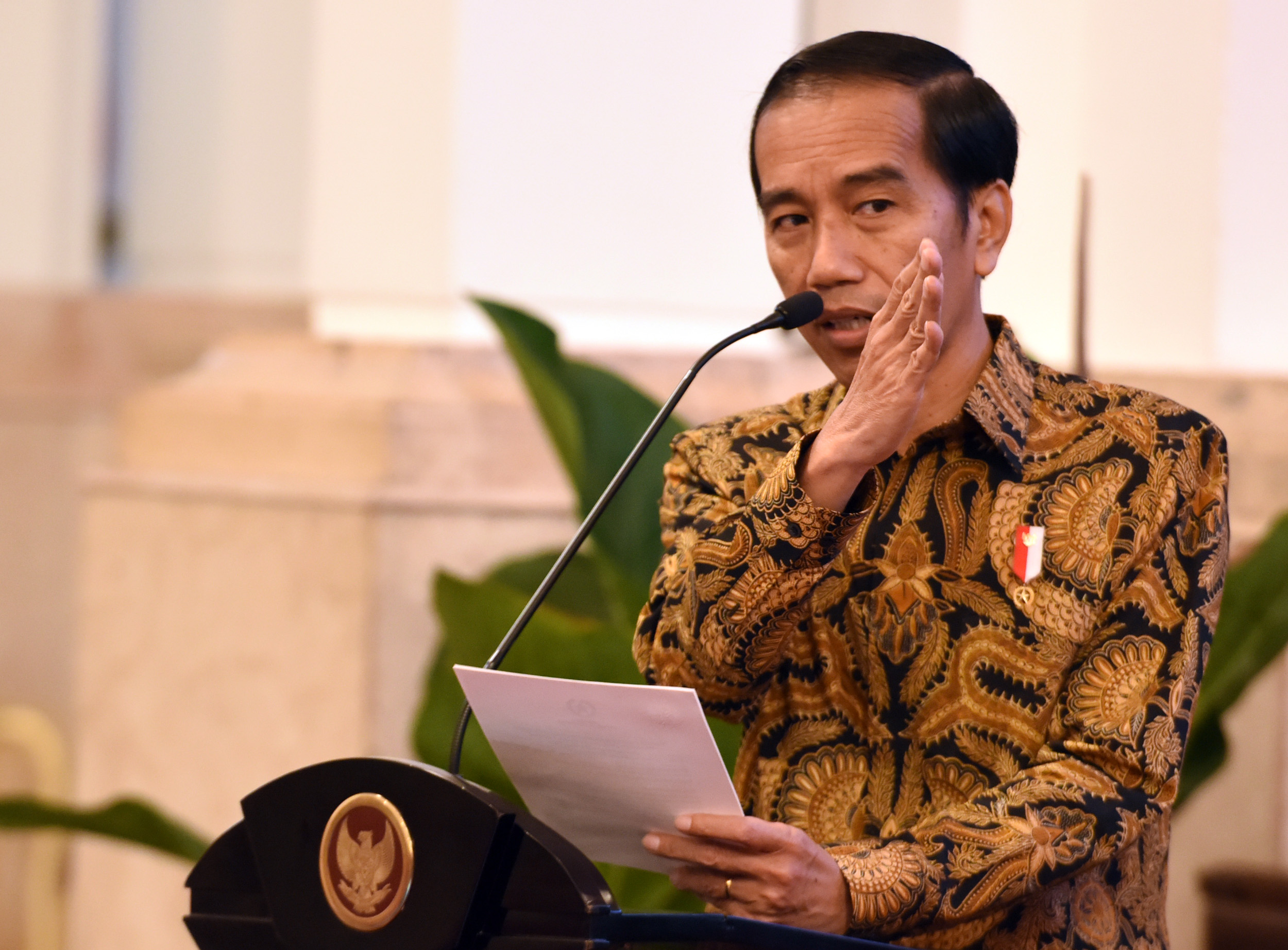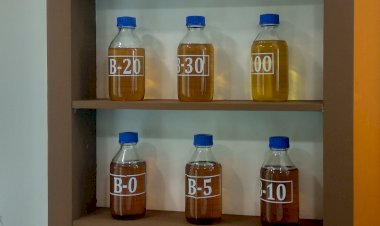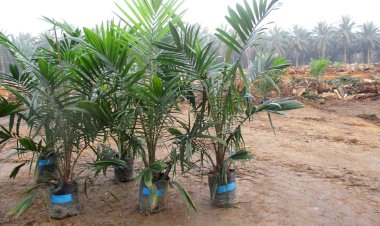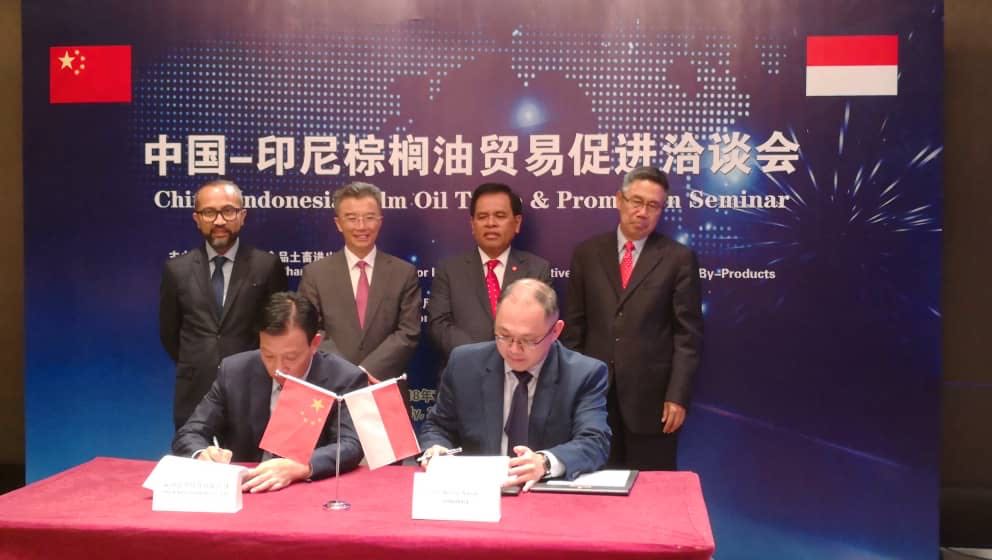Palm Oil Producing Countries Visit Brussels to Fight Discriminatory Delegated Act
The joint mission of the Council of Palm Oil Producing Countries (CPOPC) visited Brussels to convey their disappointment and to fight the delegated act put forward by the European Commission. Indonesian Coordinating Economic Minister Darmin Nasution said at a press conference that Indonesia will review relationship with the EU as a whole, as well as its member states.
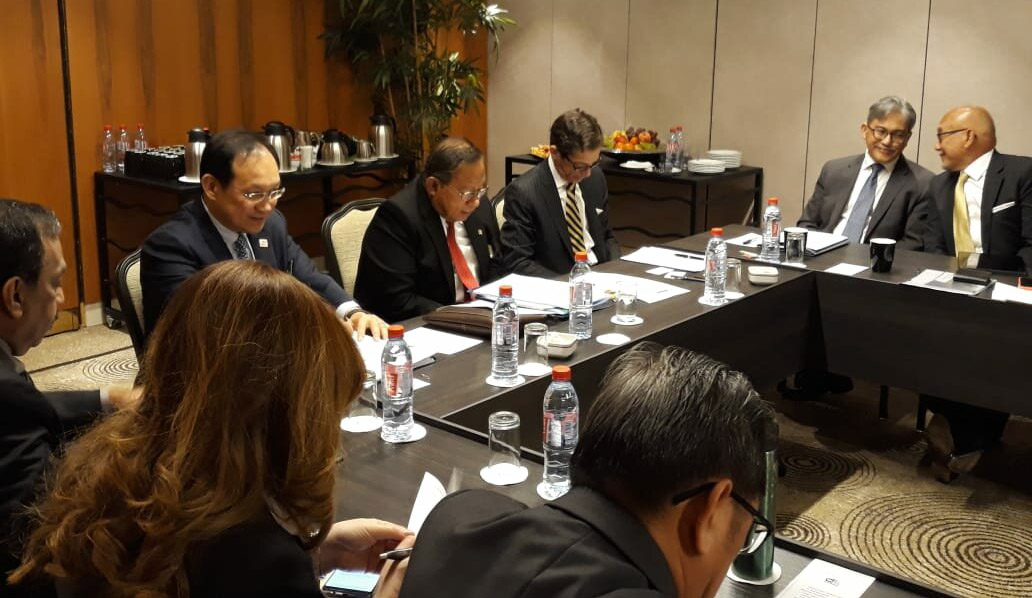
The joint mission of the Council of Palm Oil Producing Countries (CPOPC) visited Brussels to convey their disappointment and to fight the delegated act put forward by the European Commission.
Indonesian Coordinating Economic Minister Darmin Nasution said at a press conference that Indonesia will review relationship with the EU as a whole, as well as its member states. However, Darmin strongly believed that constructive dialogue about achieving sustainable palm oil and Sustainable Development Goals (SDGs) could be the solution.
“Indonesia and palm oil producing countries are avoiding actions as result of the delegated act ratification. Should this delegated regulation enter into force our governments shall review our relationship with the EU as a whole, as well as its member states. This may include the reviewing of our partnership negotiations, procurements contracts and key imports from the EU,” Darmin said.
Darmin also recalled the significant contribution that palm oil has played in meeting the social and economic aspirations of Indonesia and in alleviating poverty. Discrimination against palm oil may affect 19.5 million workers, farmers, and their families.
“Poverty in country like Indonesia leaves many people vulnerable to negative influences like extremism and terrorism which are the world’s enemy. Indonesia and 28 EU countries are responsible to stop social unrest that may lead extreme actions,” Darmin added.
He also stated that some actions have been made to voice disappointment. The House of Representative Speaker has sent letter to European Parliament President to voice opposition to the draft delegated act. Similar letters have also been written by President Joko Widodo and Malaysia’s Prime Minister Mahathir Mohamad.
At the same time, Malaysia`s Ministry of Primary Industries secretary general Datuk Tan Yew Chong also reiterated Malaysia’s position saying that the classification of all palm oil as a high ILUC risk biofuel feedstock is unacceptable. The draft delegated act lacks transparency, scientific credibility and many of the assumptions do not reflect the reality of sustainable practices by oil palm planters in developing nations.
`We have officially submitted our details return scientific and technical comment on the draft delegated act on 8 March 2019 and today Malaysia and Indonesia have submitted joint letter signed by President of Indonesia and Malaysia’s Prime Minister. We sent message to EU’s leader and authority, don’t discriminate palm oil producing countries,” Tan said.
Colombia, acting as an observer country, was represented by Felipe Garcia Echeverri, Ambassador of Colombia to the Kingdom of Belgium and Head of the Mission of Colombia to the European Union. Echeverri highlighted the irony of the EU contradicting itself when its own research showed zero deforestation in Colombia since 2016. Yet, at the same time, the EU sought to classify palm oil, a main export earner for Colombia, as driving deforestation
“60% of Colombian palm oil products are exported to the EU. 85% of the 650,000 Ha oil palm area in Colombia were worked on by smallholders. Colombia is the largest palm oil producer in America and the fourth largest in the world.”
The joint mission is scheduled to have a series of meetings in Brussels with EU officials, lawmakers and national governments. ****



